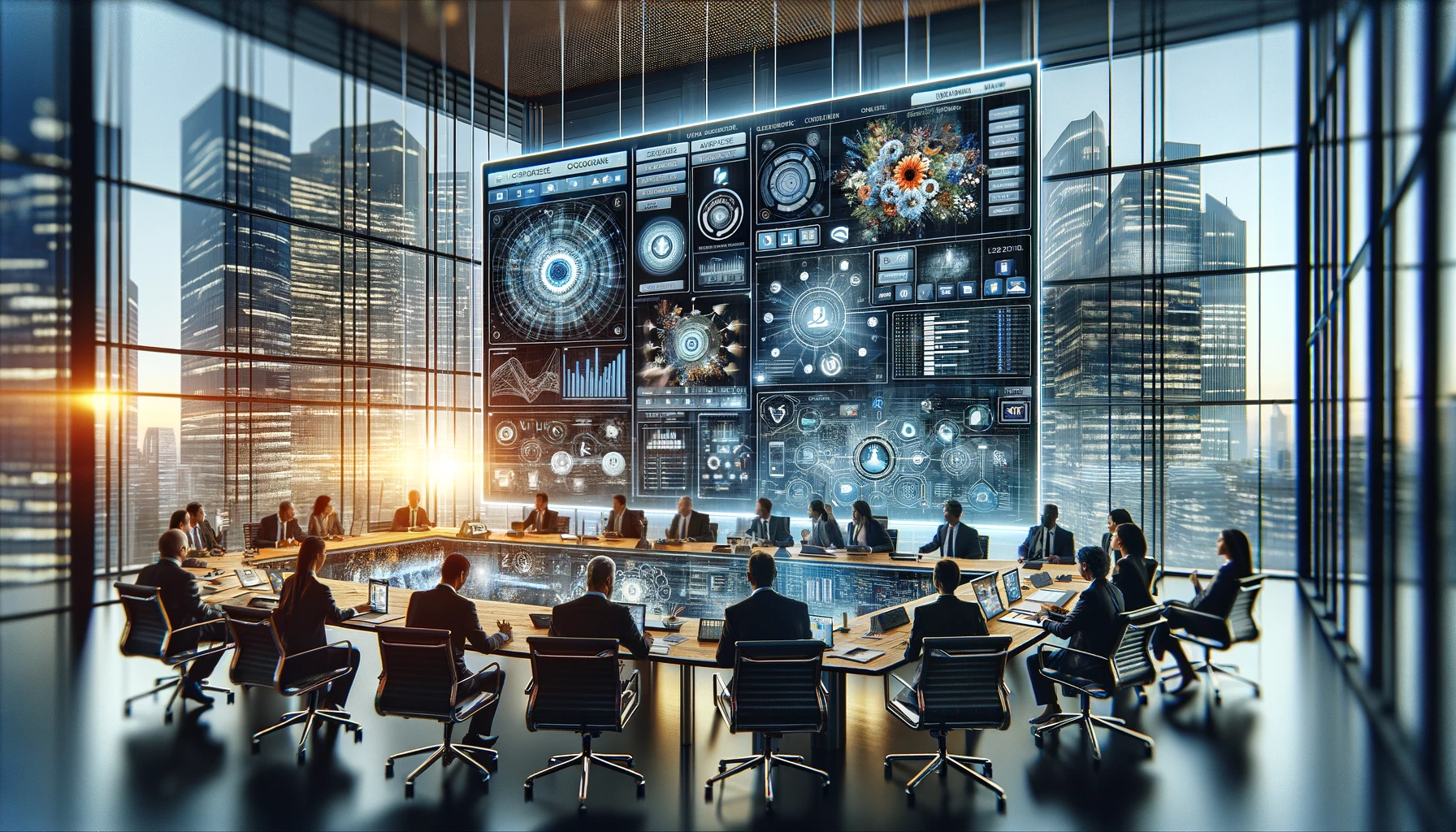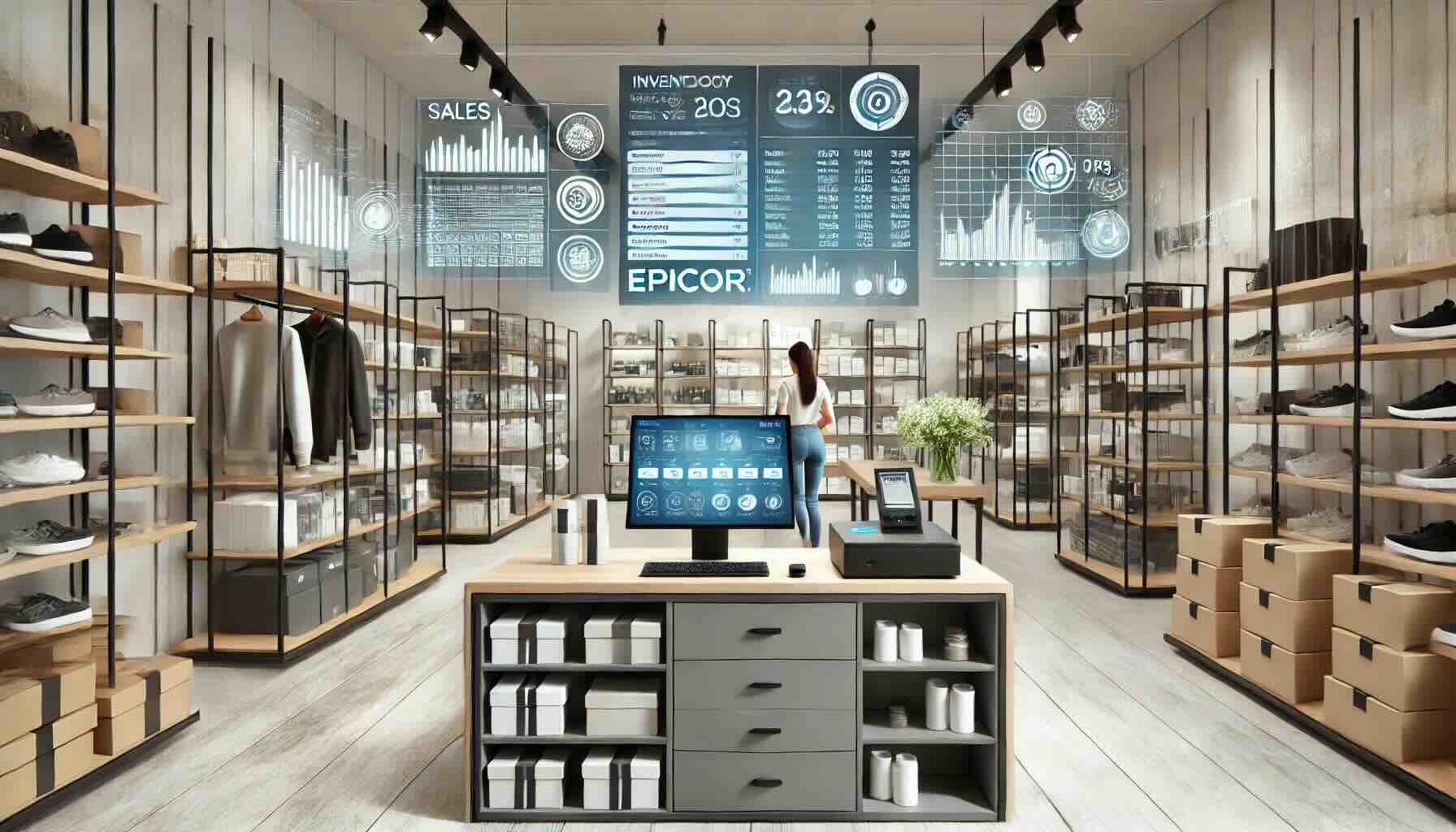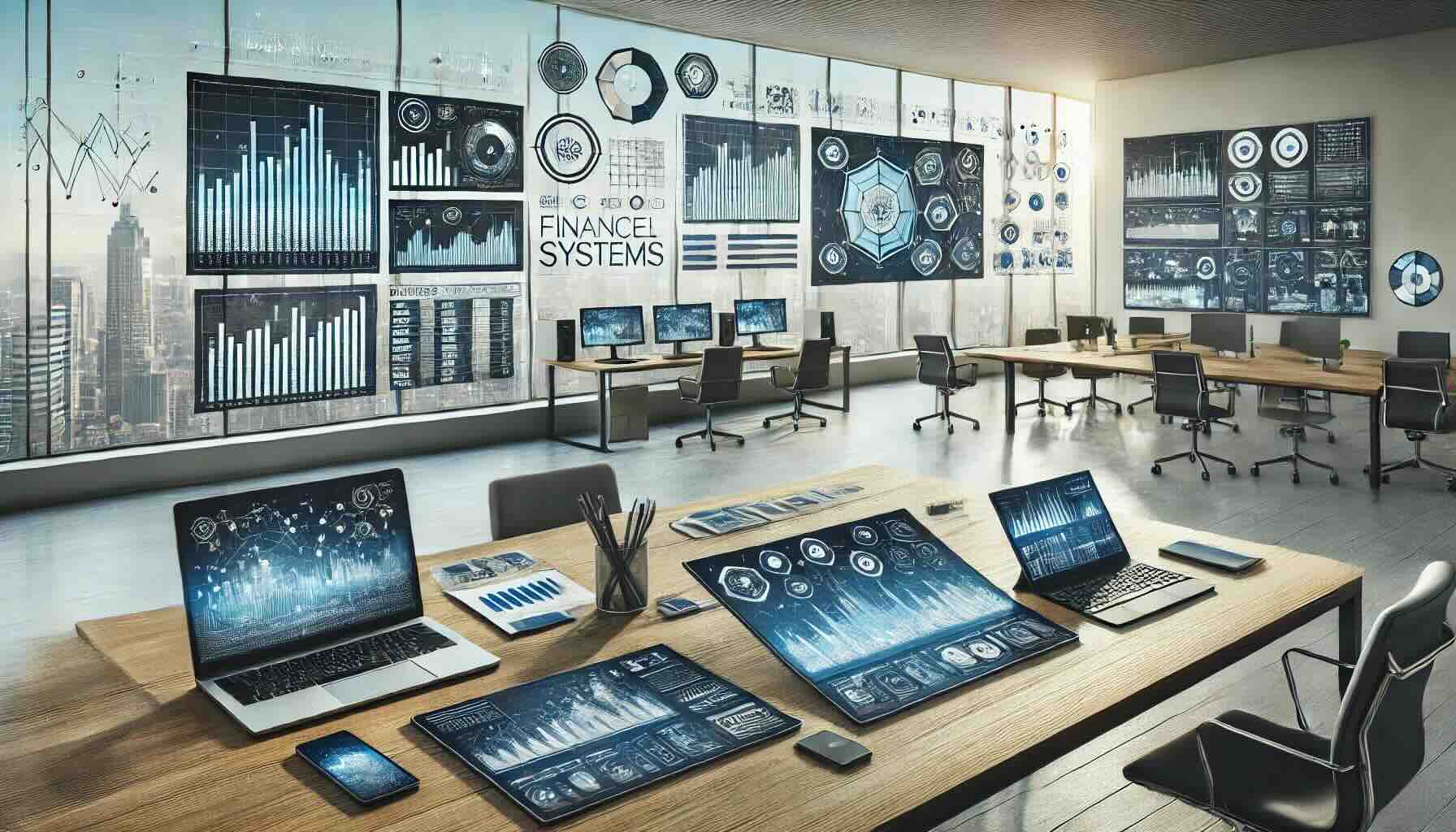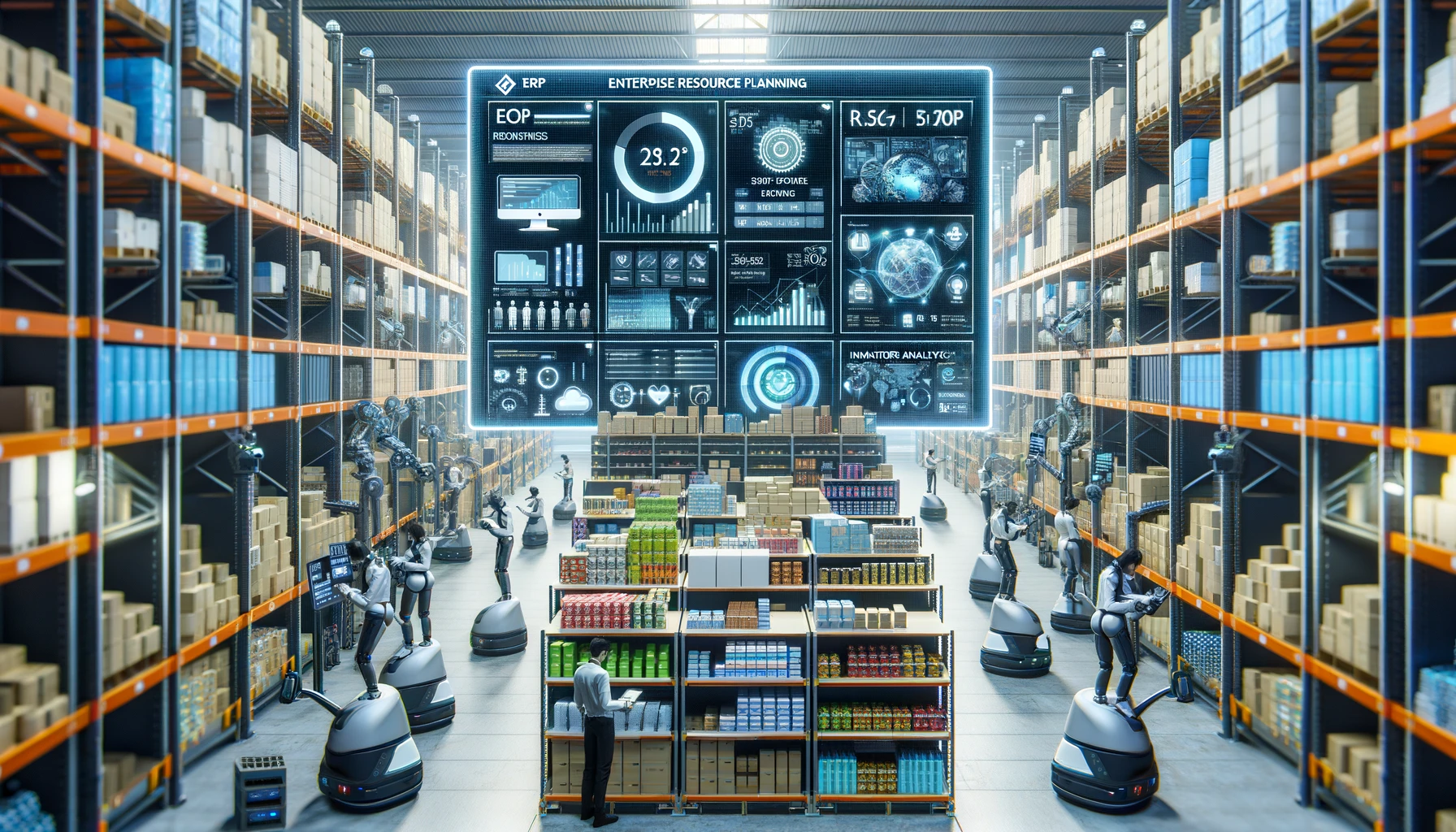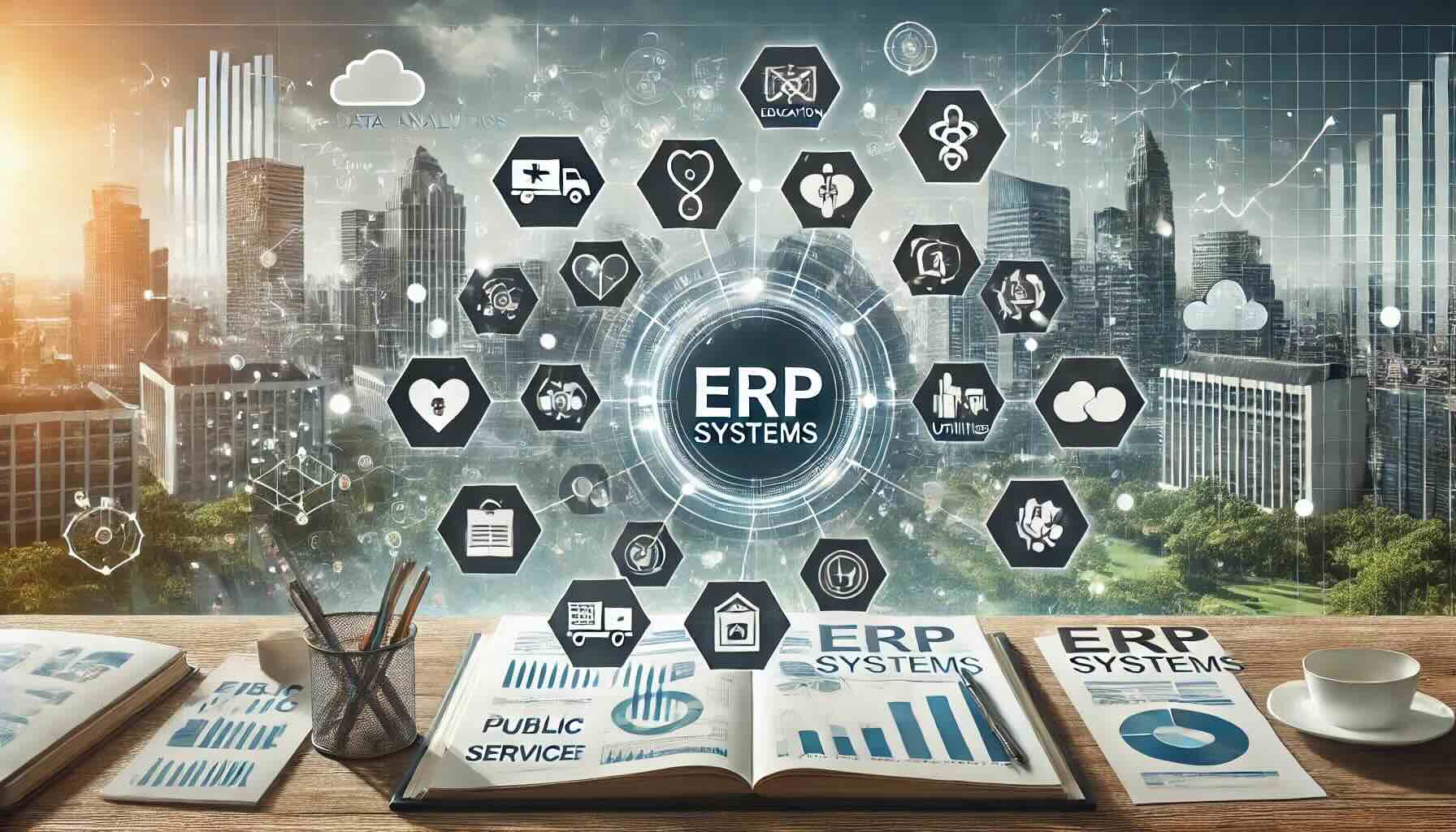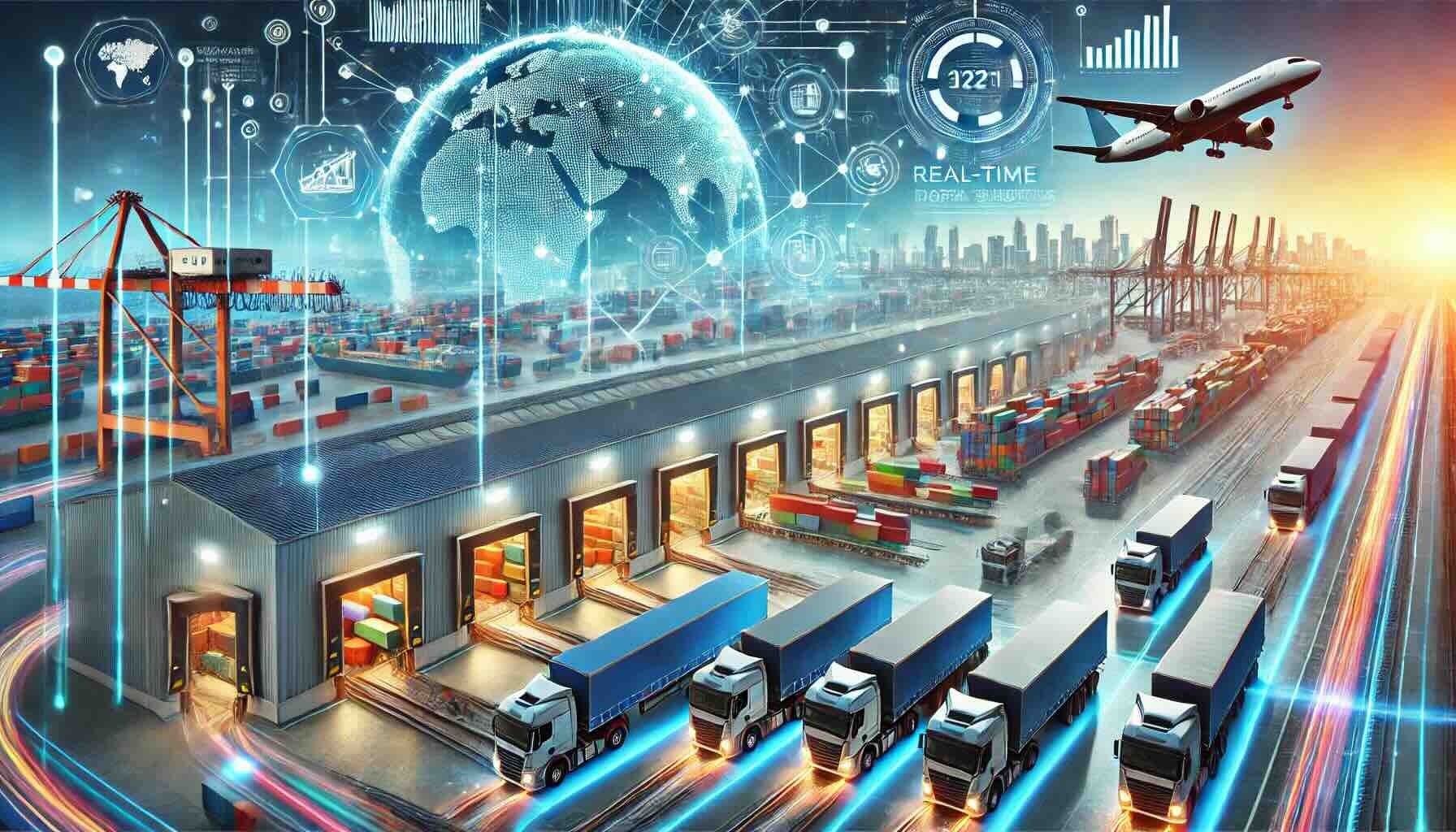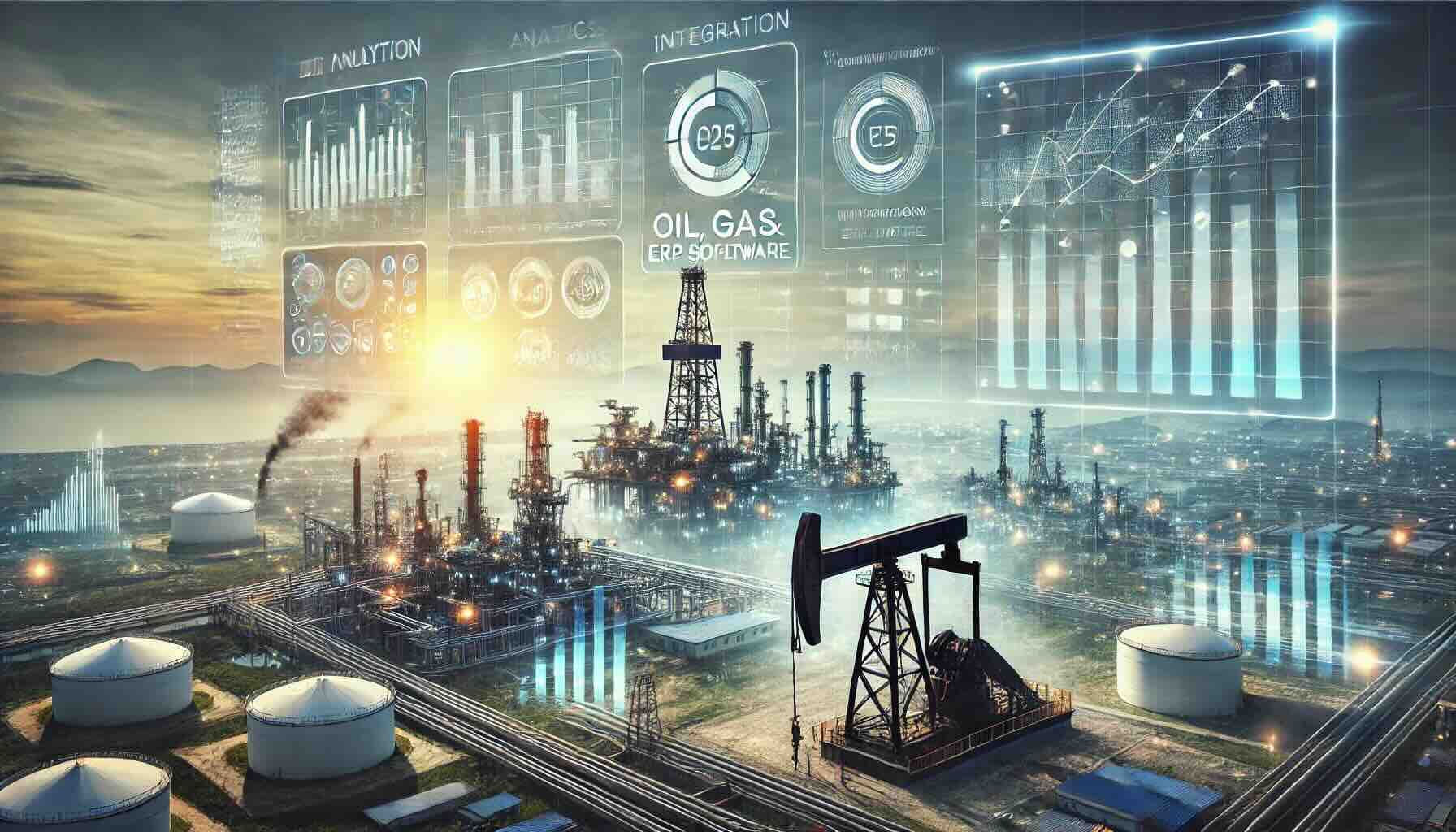ERP or MRP: Which is Right for Your Business?
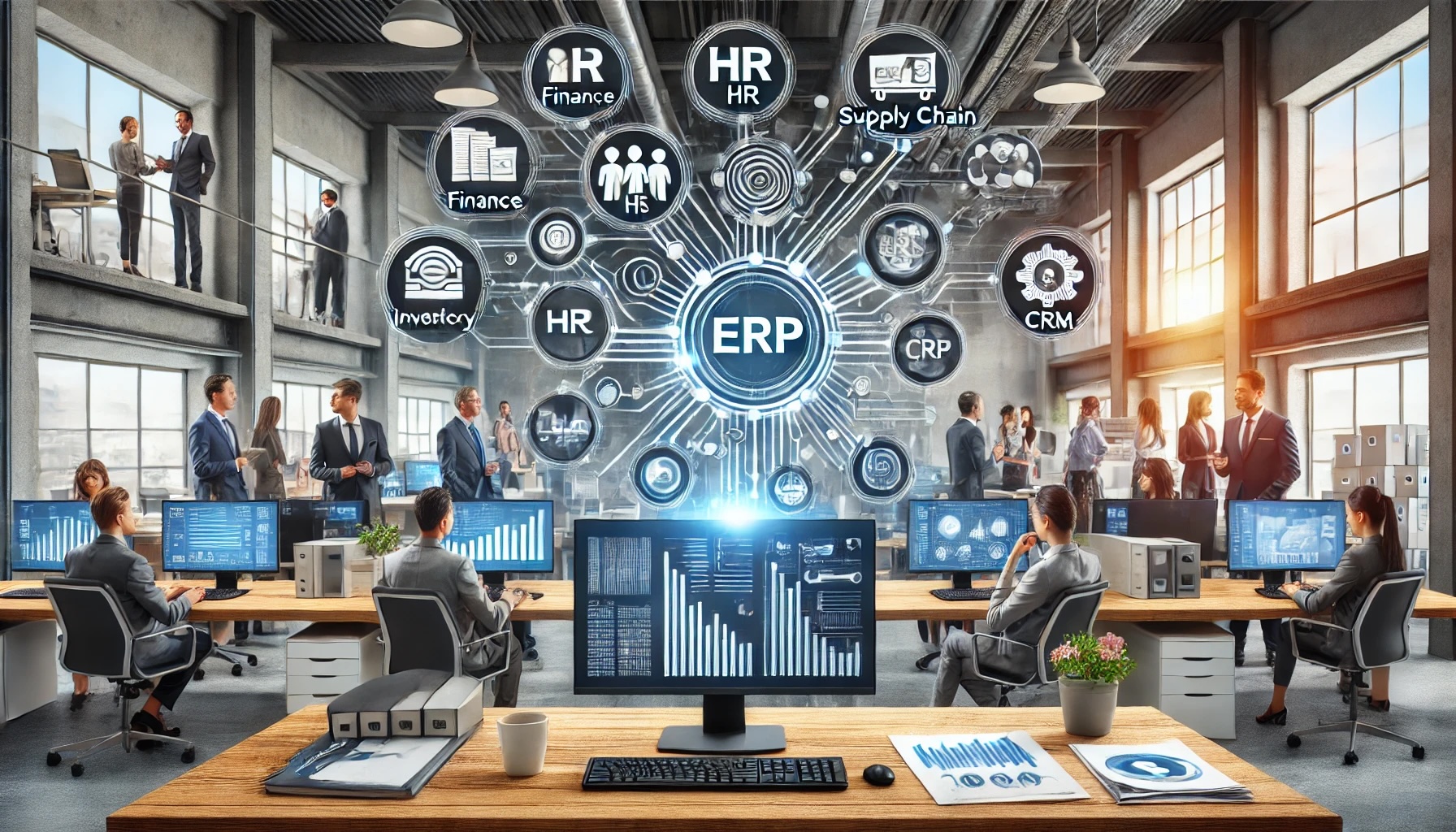
In today’s rapidly evolving business landscape, selecting the right management software is crucial. Companies often face the dilemma of choosing between ERP or MRP systems. Understanding the differences and benefits of each can guide you toward the best decision for your organization’s needs.
What is ERP?
ERP, or Enterprise Resource Planning, is a comprehensive software platform designed to integrate various business processes. It includes modules for finance, human resources, supply chain management, customer relationship management (CRM), and more. By centralizing data and processes, ERP systems help streamline operations, improve data accuracy, and enhance decision-making.
Key Benefits of ERP:
- Integration Across Departments: ERP systems unify various business functions into a single platform, improving communication and collaboration.
- Enhanced Data Accuracy: Centralized data storage reduces errors and inconsistencies, providing a single source of truth.
- Scalability: ERP solutions are highly scalable, supporting the growth of your business without needing significant changes.
- Improved Reporting: Advanced analytics and reporting capabilities allow for better insights and strategic planning.
What is MRP?
MRP, or Material Requirements Planning, focuses specifically on the manufacturing sector. It helps manufacturers manage inventory, production planning, and scheduling. MRP systems ensure that materials are available for production and products are available for delivery, optimizing manufacturing efficiency.
Key Benefits of MRP:
- Inventory Optimization: MRP systems help maintain optimal inventory levels, reducing excess stock and stockouts.
- Production Efficiency: Improved scheduling and planning capabilities ensure that production runs smoothly and efficiently.
- Cost Reduction: By minimizing waste and optimizing resources, MRP systems contribute to cost savings.
- Demand Forecasting: Accurate forecasting helps anticipate demand and adjust production schedules accordingly.
ERP or MRP: Key Differences
When considering ERP or MRP, it’s important to understand their distinct functionalities and purposes.
- Scope: ERP systems have a broader scope, encompassing various business processes across different departments. MRP systems are more focused on the manufacturing process, dealing primarily with production and inventory management.
- Integration: ERP provides a unified platform for all business functions, whereas MRP is often a standalone system integrated with other manufacturing tools.
- Complexity: ERP systems are typically more complex and require significant implementation time and resources. MRP systems, being more specialized, can be easier to implement in a manufacturing setting.
Which One Should You Choose?
Choosing between ERP or MRP depends on your business needs and industry requirements.
- For Manufacturers: If your primary focus is on production efficiency and inventory management, an MRP system might be the right choice. It offers specialized tools tailored to the manufacturing process.
- For Diverse Businesses: If your business encompasses various functions beyond manufacturing, an ERP system would provide a comprehensive solution, integrating all departments and processes.
Factors to Consider:
- Business Size: Larger organizations with complex processes may benefit more from an ERP system. Smaller manufacturers might find MRP sufficient.
- Growth Plans: Consider your business’s growth trajectory. ERP systems are scalable and can accommodate expansion across various functions.
- Budget: ERP systems generally require a higher investment due to their complexity and scope. Assess your budget and potential ROI when making a decision.
Conclusion
Deciding between ERP or MRP is a critical step in optimizing your business operations. Evaluate your specific needs, industry requirements, and long-term goals to make an informed choice. Whether you opt for the comprehensive capabilities of ERP or the specialized focus of MRP, the right system can drive efficiency, reduce costs, and support your business’s growth.
To find the right solution for your businesses, you can use our new AI-powered Compare ERP tool. It’s free to use and you get a guaranteed discount on your first year’s licence fees with a referral from Compare ERP.
